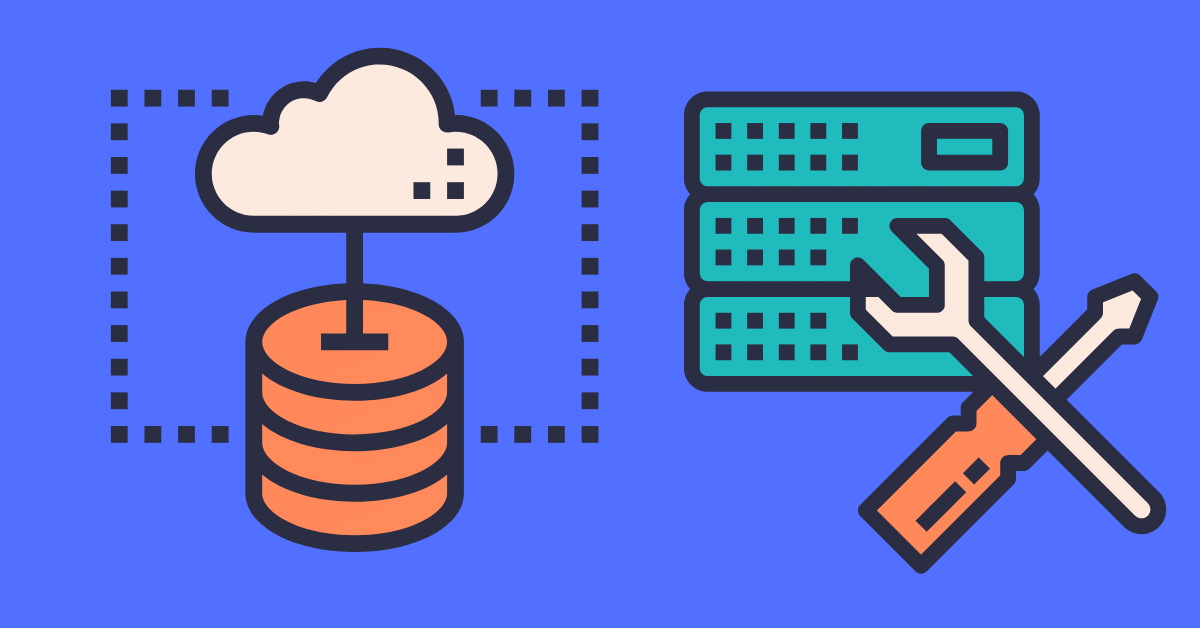
Best Cloud Backup Services
itsThe importance of ‘backing-up’ data is something that all of us are familiar with. But twenty years ago, this phrase would have sounded strange to us. This is because we ordinarily did not ‘backup’ our data as there was no need to do so. After all, the data that was to be kept safe was ‘stored’ on paper, which didn’t have electronic integrity that called for special protection. However, as the usage of computers became widespread, the format of the data changed, and so did the ways to store and secure it.
The Need To Backup Our Data
Whether you are a student or a working professional, you always have some important data. Losing such data would be equivalent to wasting hours’ worth of your work and effort. Such a scenario could result in a huge personal cost. The possibility of data corruption or loss is indeed frightening.
The Reason Why Companies Need To Backup Data Too
Companies need to store their data safely. A company that keeps its data well-updated can use it to make decisions that would determine their future profitability. They do so by analyzing their data to make out trends and patterns which give the management new information. It would not be an exaggeration to say that if companies did not back up their data, the Data Analytics industry would have never emerged. Things like Machine Learning and Artificial Intelligence would not have been conceptualized. Something as mundane as the ‘recommended section’ on shopping sites would not have existed.
How We Backup Data
On a personal level, we backup data on pen-drives and external hard-disks. Things are not as simple for corporate establishments. This is because the scope of their historical data and the data that they generate daily is tremendous, which calls for a different kind of management. ‘Cloud backup services’ falls under such management. There are entities like BomberJacket Networks that specialize in this area.
Before Diving In
Earlier, data was manually entered in papers and filed away in cabinets. In the recent era, companies won’t be willing to take such a risk as such files are subject to fire, fungus attack, and acts of nature. Plus, the files would require immense storage space. If the office location were to be changed, transportation of all these files would pose another problem. Also, owing to the number of files, it would be easy for someone to steal data. Such theft could go unnoticed for years.
The corporate sector does not store data this way. They now have computers, after all. Unfortunately, this argument falls flat as most computers do not have the storage capacity demanded by businesses. Even if they did, it would not be a wise decision to use them for this purpose. After all, like files, they too have a physical existence and are susceptible to similar damages. The same goes for pen-drives and hard-disks. Once they are attacked by a virus, the data is lost forever. So what can be done?
The ‘Cloud’ Where The Data Lives
‘Cloud’ is the answer to all the problems mentioned above. A ‘cloud’ is an online backup service. Companies use cloud services to save their data and keep it secure from every imaginable mishap. One of the best parts about storing your data on the cloud is that if you have the necessary permission, you can access the data from any place and any device. You would not have to physically go to your office and rely on the server to use the data while working. The cloud service providers ensure that the data is accessible to only the right people. This reduces the chances of data manipulation and theft.
Having your data on the cloud makes collaborative work much easier and also saves a lot of time. In case of a disaster, you can breathe easy as you can still recover your data. The benefits of such services are becoming all the more apparent during the pandemic. So if your business has not yet adopted cloud backup services, now would be a great time to do so. It is a smart investment that would make your life easier and save you and your firm from all the data-associated issues that might arise in the future.





